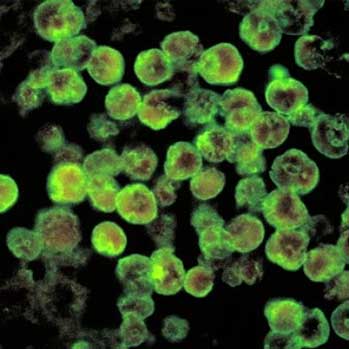N. fowleri can invade and attack the human nervous system. Although this occurs rarely, such an infection nearly always results in the death of the victim. Naegleria fowleri ( /nəˈɡlɪəriə/; also known as “the brain-eating amoeba”) is a free-living excavate form of protist typically found in warm bodies of fresh water, such as ponds, lakes, rivers, and hot springs. It is also found in soil, near warm water discharges of industrial plants, and minimally chlorinated swimming pools (there is no evidence of this organism living in ocean water) in an amoeboid or temporary flagellate stage. It belongs to a group called the Percolozoa or Heterolobosea. Although not a true amoeba, the organism is often referred to as an amoeba for convenience.
Related services
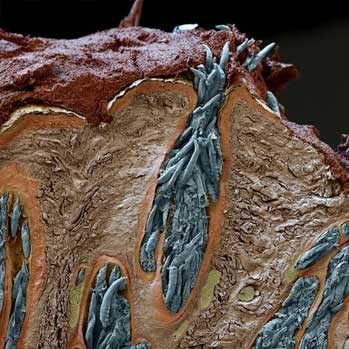
Rosacea Demodex – Version 6.0
Some rosacea is associated with a Demodex infection, a common mite. It affects bodily functions even when there are no observable symptoms.
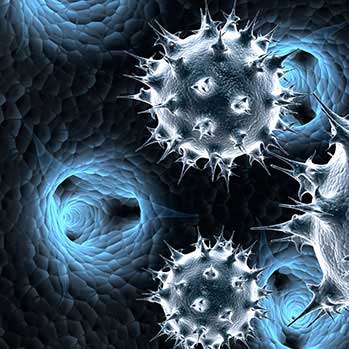
Epstein-Barr Virus – Version 5.0
Epstein-Barr virus (EBV) is a chronic condition in a large segment of the population causing many negative health effects.
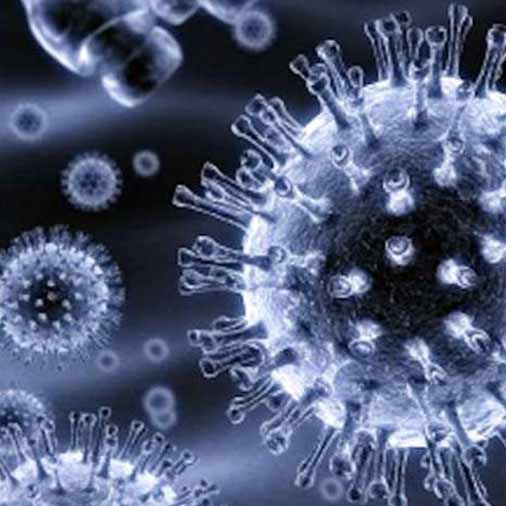
Post Polio Syndrome Frequencies – Version 3.5
The latest version of Post Polio Syndrome includes many new viruses and hundreds of updates. Always use the latest frequencies for best results.
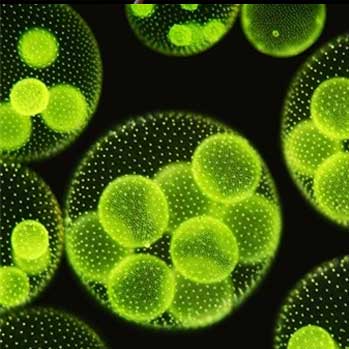
Chlorovirus ATCV-1 – Version 1.0
US researchers have come across a virus that may make us stupider—and it’s turning up in the throats of otherwise-healthy people
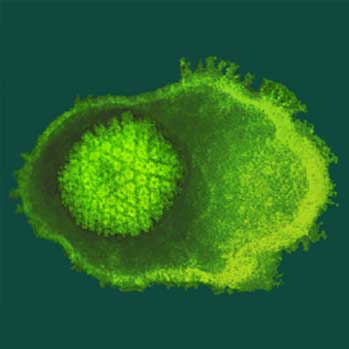
Shingles (Herpes Zoster) – Version 2.1
Version 2.0 of Shingles frequencies contains updates from a recent case of shingles which included a new strain of the herpes zoster virus.
